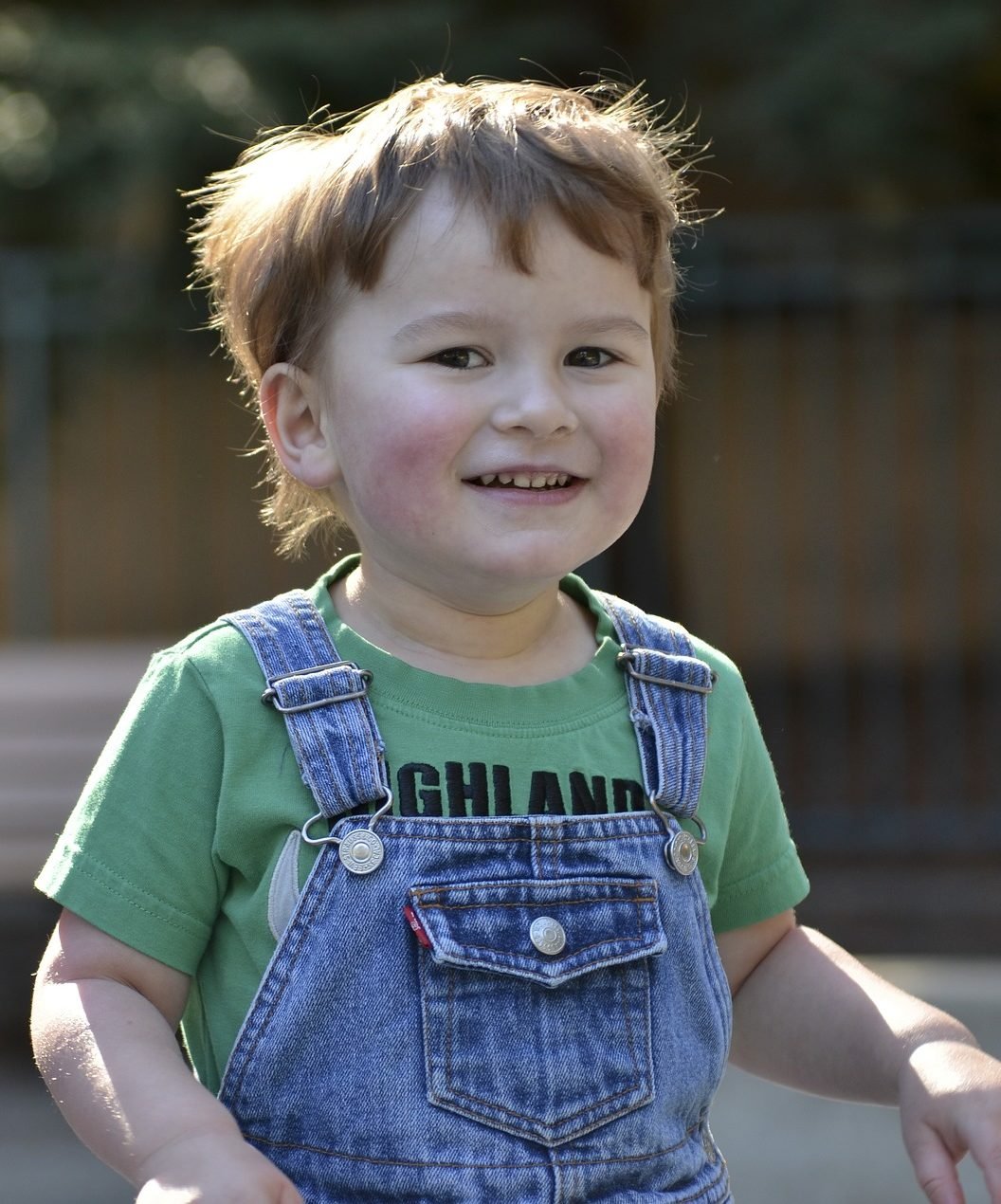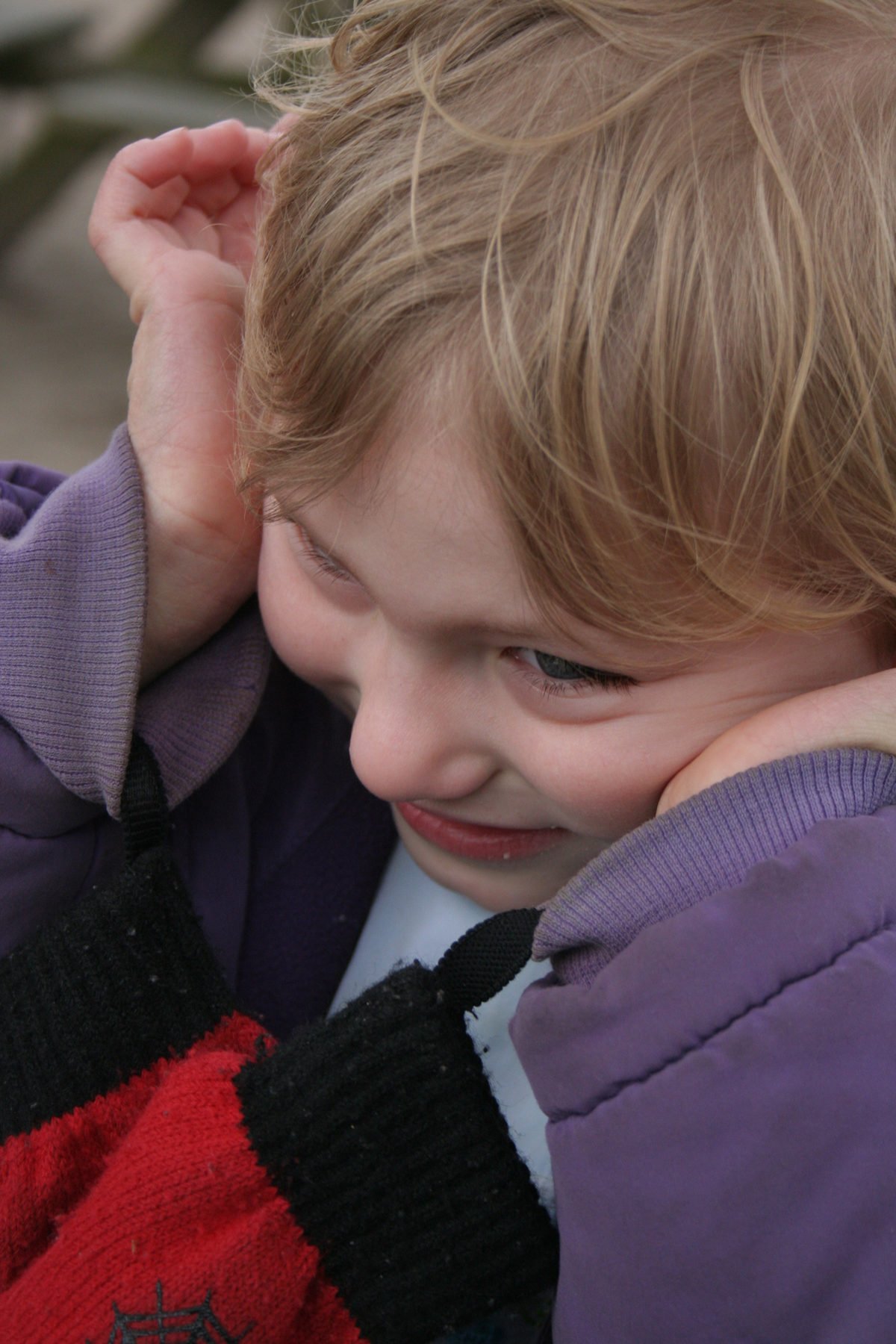Autism Research & CBD
Autism is a very complex disorder, more precisely a spectrum of disorders because it includes a variety of disorders that effect the development of the brain at the same time. While autism affects each patient individually, almost all patients have a few symptoms in common. These are difficulties in communication, difficulties in interacting with other people, and the development of repetitive behaviors, sometimes these behaviors being negative and self-injurious. In this article, we deal with CBD and Autism.
It is worth mentioning that not all children affected by autism have intellectual difficulties, as they are just a part of the group suffering from this sum of conditions. There are autistic children that have brains functioning at high levels, excelling in domains like math, music, or art. Also, with proper assistance, the symptoms triggered by autism can improve later on in life.
So how CBD fits in this scenario? The treatment for autism to date is very limited, therapies being the preferred form of treatment in most cases, in the detriment of drugs. Unfortunately, there are severe cases of autism in which symptoms affect the life quality of the patient, making the child develop unwanted or dangerous behavior, making it hard for the parents to efficiently manage the situation.
In 2011, a study published in Current Neuropharmacology has highlighted how CB2 receptors could play a role in the manifestations of autism spectrum disorders.
Researchers had investigated the response to cannabinoids in an animal model of autism and observed how the “modulatory” function of cannabinoids could, in the future, be useful on symptoms.
In 2018, Jerusalem’s Sahaare Zedek Hospital launched an initial trial of the active ingredients of cannabis to treat autism. The resulting study illustrated many novelties about treatment based on particular cannabis extracts.
Autism Research & CBD
Autism is a very complex disorder, more precisely a spectrum of disorders because it includes a variety of disorders that effect the development of the brain at the same time. While autism affects each patient individually, almost all patients have a few symptoms in common. These are difficulties in communication, difficulties in interacting with other people, and the development of repetitive behaviors, sometimes these behaviors being negative and self-injurious. In this article, we deal with CBD and Autism.
It is worth mentioning that not all children affected by autism have intellectual difficulties, as they are just a part of the group suffering from this sum of conditions. There are autistic children that have brains functioning at high levels, excelling in domains like math, music, or art. Also, with proper assistance, the symptoms triggered by autism can improve later on in life.
So how CBD fits in this scenario? The treatment for autism to date is very limited, therapies being the preferred form of treatment in most cases, in the detriment of drugs. Unfortunately, there are severe cases of autism in which symptoms affect the life quality of the patient, making the child develop unwanted or dangerous behavior, making it hard for the parents to efficiently manage the situation.

In 2011, a study published in Current Neuropharmacology has highlighted how CB2 receptors could play a role in the manifestations of autism spectrum disorders.
Researchers had investigated the response to cannabinoids in an animal model of autism and observed how the “modulatory” function of cannabinoids could, in the future, be useful on symptoms.
In 2018, Jerusalem’s Sahaare Zedek Hospital launched an initial trial of the active ingredients of cannabis to treat autism. The resulting study illustrated many novelties about treatment based on particular cannabis extracts.
It was a cross-sectional study in which 5 national health centers and over 120 people with autism were involved. Patients, ranging in age from 5 to 18 years, were treated with oil with a high concentration of CBD and a low concentration of THC.
The efficacy of the treatment was verified through the use of questionnaires addressed to the patients’ families and to the patients themselves with reference value scales.
The results of the study showed that 61% of patients had significant improvements in terms of behavioral disorders, while anxiety and communication disorders improved by 39% and 47%.
The Israeli study also highlighted another factor, no less important, which involves the families and care givers of all those people living with an autism spectrum disorder.

For these indispensable figures, in fact, stress and anxiety for the condition of constant assistance are elements often little considered. The study by the Israeli researchers also addressed them.
Parents and relatives reported a 33% reduction in stress through questionnaires. CBD, in this case, proved to be of great help in improving the quality of life of parents and children with autism.
Research continues. In late 2019, Brazilian researchers from the Department of Psychological Sciences at the University of Brasilia published in Frontiers in Neurology the results of a study conducted on 18 people with autism spectrum disorders.
The patients, treated with CBD, showed surprising results, quantifiable in a marked reduction in anxiety, sleep disturbances and behavioral “crises.” The researchers concluded – again – that it is good to continue the path of scientific research to evaluate the mechanisms by which cannabinoids exert their action on a multitude of processes related to the symptoms of autism spectrum disorders.
It was a cross-sectional study in which 5 national health centers and over 120 people with autism were involved. Patients, ranging in age from 5 to 18 years, were treated with oil with a high concentration of CBD and a low concentration of THC.
The efficacy of the treatment was verified through the use of questionnaires addressed to the patients’ families and to the patients themselves with reference value scales.
The results of the study showed that 61% of patients had significant improvements in terms of behavioral disorders, while anxiety and communication disorders improved by 39% and 47%.
The Israeli study also highlighted another factor, no less important, which involves the families and care givers of all those people living with an autism spectrum disorder.
For these indispensable figures, in fact, stress and anxiety for the condition of constant assistance are elements often little considered. The study by the Israeli researchers also addressed them.
Parents and relatives reported a 33% reduction in stress through questionnaires. CBD, in this case, proved to be of great help in improving the quality of life of parents and children with autism.
Research continues. In late 2019, Brazilian researchers from the Department of Psychological Sciences at the University of Brasilia published in Frontiers in Neurology the results of a study conducted on 18 people with autism spectrum disorders.
The patients, treated with CBD, showed surprising results, quantifiable in a marked reduction in anxiety, sleep disturbances and behavioral “crises.” The researchers concluded – again – that it is good to continue the path of scientific research to evaluate the mechanisms by which cannabinoids exert their action on a multitude of processes related to the symptoms of autism spectrum disorders.




